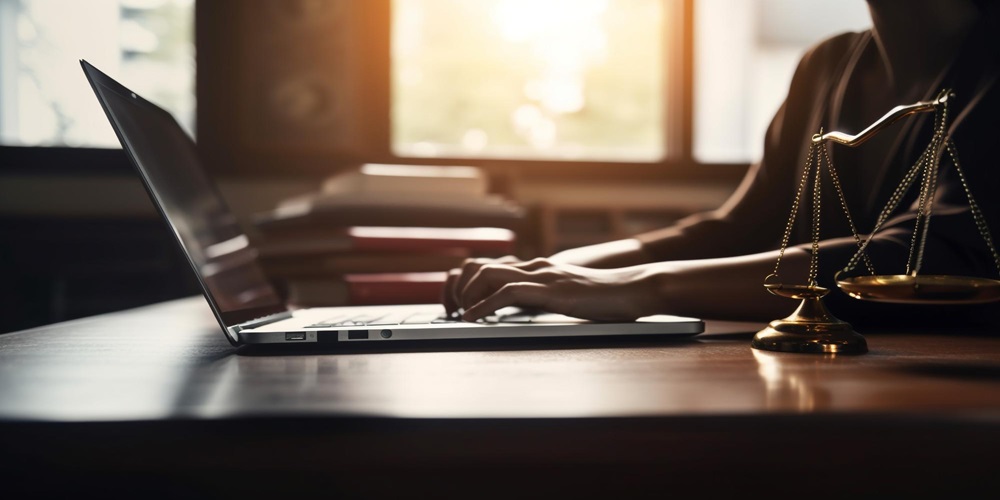Sometimes, criminal cases don’t go to trial, and knowing why is essential. You need to be prepared and get an expert legal defence. Here are five reasons that cause most criminal cases not to end up in court.

Defendants Plead Guilty
Some people who get accused plead guilty instead of going through a trial for the charge. They do so because trials involve a significant amount of uncertainty and risks. The chance of receiving a severe penalty would be very likely if one is found guilty. It is also reasonable that the defendants may be offered a good deal, a plea bargain. This is where they agree to admit guilt to a smaller charge, and in return, the government drops some charges. Sometimes, they can also get a lighter punishment.
Choosing to settle it out of court
Sometimes, when two sides disagree or have a problem (like in a court case), they might decide not to go to trial. Instead, they could agree on how to solve the issue without involving the court. This is called a settlement. It’s like finding a solution that both parties are okay with and agree on without needing a trial. It’s like making a deal or compromise outside of the courtroom.
Taking a plea deal
They might choose to take a “plea deal ” when accused of a crime. The accused pleads guilty to get a lower charge than they should get. This also helps in getting a reduced sentence. This prevents the time, uncertainty, and other possible penalties with a trial. So, by accepting a plea deal, the accused person and the prosecution can prevent the need for a trial and settle the case more quickly. It’s a way to resolve the legal matter without going through the court process.
Limited Pretrial Discovery
In criminal cases, there’s a limited process called pretrial discovery. This is similar to what happens in civil cases. But, in criminal cases, there are restrictions to keep the identity of government informants safe. This is also a way to prevent intimidation. This limitation means the prosecution and defence might only get full access to some evidence and information before the trial. This lack of information can make preparing a solid case challenging for both sides.
Motions and Objections
During the trial, lawyers can request motions, asking the court for decisions before the trial starts. These motions can cover different parts of the case. Some include questioning if the accusations are strong enough or if evidence was appropriately seized. The judge might need to have hearings to figure out if what the defence is saying is valid. This process can lead to many cases not going to trial.
Conclusion
To summarize, criminal cases often avoid trial because defendants might plead guilty. Picking a fair jury is tricky, and there are limits to getting information before the trial. It can also be tough dealing with motions and objections. Closing arguments and jury deliberations can be time-consuming. Understanding these reasons helps us see why many criminal cases find resolutions without going through a full trial. Consult with experts criminal lawyers who can provide expert legal guidance and support tailored to your unique situation.
